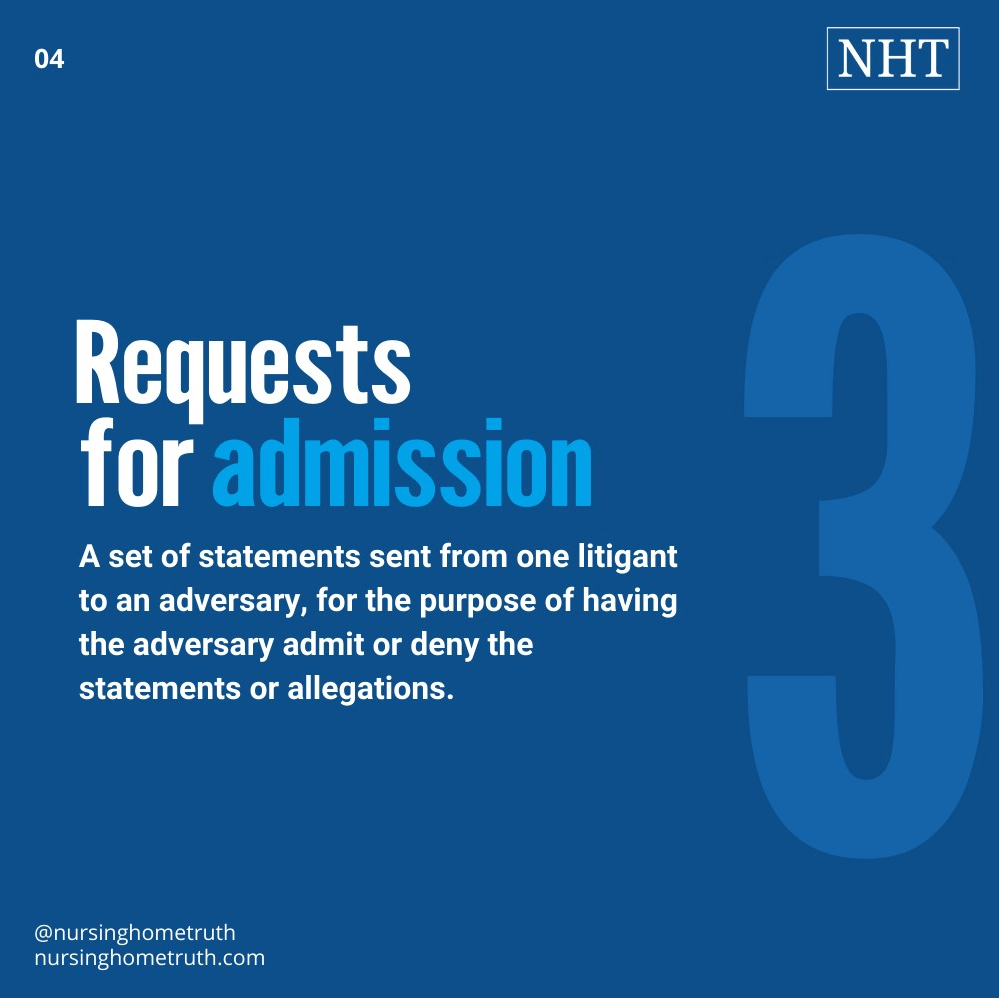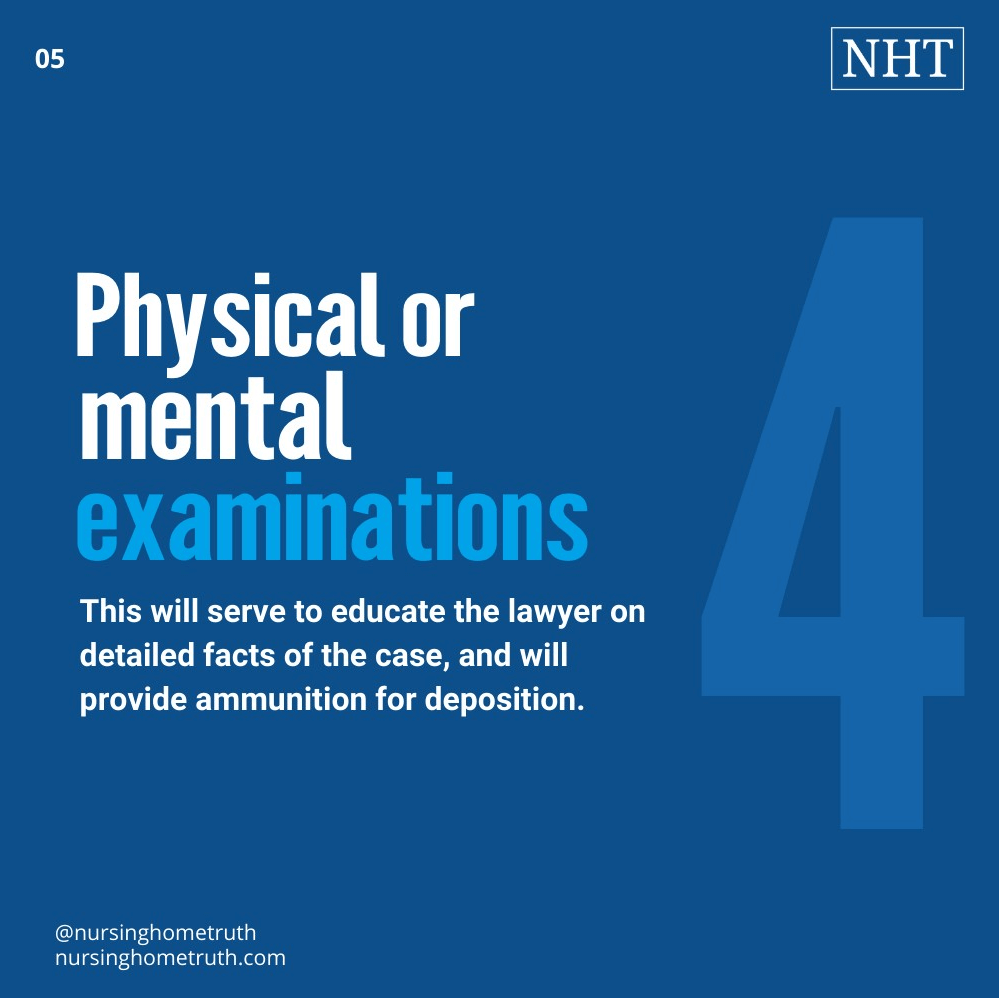Article Updated: March 1, 2022
How Long After Deposition is Mediation ?
If you’re reading this, you are most likely in an active lawsuit and talks of a deposition are happening.
From there, the case either goes to trial or settles through a few mechanisms.
One of those mechanisms is mediation.
Rightfully, you want to know how far away that potential finish line might be.
I wrote this article for you to provide that information, so keep reading for answers.
Clickable Table of Contents
How Long After Deposition is Mediation in a Lawsuit
1 – When Do Depositions Happen
2 – What Happens After a Deposition
3 – How Long After Deposition is Mediation
4 – What Happens in Mediation
5 – What Happens if Mediation Does Not Work
Resources
6 – About the Author
7 – Legal Help in Maryland & Nationally
When Do Depositions Happen
Deposition Timing Based on Strategy
A deposition can happen right out the gates, after the lawsuit is filed.
Alternatively, a deposition can be conducted anytime during the permissible discovery period during litigation.
Doing it right out the gates will get you the freshest, most untainted testimony, uncoached by the opposing lawyer.
However, you, too, will be somewhat naked, as you won’t have all the nuances of the case figured out and your deposition may be somewhat incomplete.
A lawyer gets to make this tactical decision on a case by case basis.
For certain, using a one size fits all approach (which most lawyers do) is not a good way to map out when to take a deposition in a case.
Deposition Timing Based on Policy
Despite the available options provided for in deposition strategy, most insurance companies potty-train their in-house lawyers and the lawyers that work for them to do depositions after a certain checklist of items are completed.
Those items include things such as:
◊ Get responses to document requests
◊ Get responses to interrogatories
◊ Conduct or collect surveillance evidence
◊ Gather injury photos
This is an insurance company approach. However, many injury lawyers use this approach, too.
Common Deposition Timing
Most often, depositions will happen after both sides have collected documents that they think they need from the opposing litigants.
This is because those documents will serve to educate the lawyer on detailed facts of the case, and will provide ammunition for deposition cross-examination.
What Happens After a Deposition
There are only a few enumerated forms of discovery in addition to a deposition:
◊ Interrogatories
◊ Document requests
◊ Requests for admission
◊ Physical or mental examinations
Once all of the written, document, and testimonial discovery is complete, including expert discovery, after a deposition the next thing that is likely to happen is some form of substantive settlement conversations.
That includes a mediation. If not that, the scheduling order in your case may require court ordered settlement conferences or alternative dispute resolution.
This will be jurisdiction specific, so there’s no one answer.
Rewinding just a bit, it is also possible that more discovery happens after your deposition, instead of a mediation, if the deposition gives the opposing lawyer more ideas on things to investigate.
How Long After Deposition is Mediation
You hopefully understand that, based on what you’ve read so far, that there’s no cookie cutter answer to the question of how long after a deposition a mediation will take place in your case.
With that caveat, I will say from experience that depositions of the parties almost always happen around half way through the discovery period.
Further, mediation almost always happens after the discovery period closes.
I have done a mediation well before that, including a mediation before a lawsuit was even filed. Still, post-discovery is the most common time after a deposition that a mediation happens.
With that background, to calculate how long after your deposition there will be a mediation, you need to know how much time is left for discovery in your case.
For example, if there are four months left of discovery after your deposition, your mediation will on average be at least five months after your deposition.
Please note that “average” means just that, and you can’t extrapolate what will happen in your case based on averages, unless you account for the specific time issues in your case.
What Happens in Mediation
Think of mediation as a min-trial.
If handled correctly, your lawyer will present the case in a substantive and meaningful way, on both damages and liability, to whoever is the mediator.
Some stuff has to be held back though, because if the mediation does not succeed you don’t have to have revealed all your cards after the deposition and mediation.
How much information you keep in your back pocket is a strategic call.
What I do is write in red font the information that under no circumstances should the mediator reveal to the other side.
Then why share it at all? Because it helps the mediator understand how strong your case is so she/he may nudge the other side more aggressively to settle.
What Happens if Mediation Does Not Work
If after your deposition you have a mediation that is not successful, do not stress out. That is normal.
Often times a case will not settle after one round of mediation. After the deposition and mediation, your case might:
◊ Continue to be negotiated for settlement
◊ Proceed to more mediation
◊ Go to trial
Most importantly, if you’re asking these questions, you have come pretty far down the claim and litigation pipeline. Stay positive, and keep in touch with your attorney, you are making progress towards final resolution.
Warmly,
Reza Davani, Esq.
State Bar No.: #1212110211
Federal Bar No.: #30168
Cellphone: (301) 922-4598
Email: reza@nursinghometruth.com

Attorney Bio
About the Author
This nursing home and medical malpractice article was written by Baltimore, Maryland nursing home attorney Reza Davani, Esquire. Mr. Davani received his Juris Doctor degree from a Tier 1 law school, the University of Maryland Francs King Carey School of Law. He received his first license to practice law from the State of Maryland’s Court of Appeals (MD State License No. 1212110211), and just four months later received a federal law license from the United States District Court for the District of Maryland (Federal License No. 30168).
Mr. Davani has been practicing law for over 10 years. He began practicing law by helping clients as a sanctioned student lawyer before receiving his law license, and second chaired his first jury trial in federal court before even graduating law school. He is a registered member of the Maryland Association for Justice (MAJ), the American Bar Association (ABA), the American Association for Justice (AAJ), and was formerly on the MAJ’s Legislative Leader’s Circle.
Mr. Davani has taken over 20 cases to trial in state and federal court, and favorably settled well over 100 cases for injured victims. He has personally helped his clients recover over $15,000,000 in personal injury, medical malpractice, and nursing home abuse settlements and verdicts in Maryland and other states. He is dedicated to fighting for justice, and welcomes the opportunity to help you.
Medical Malpractice Nursing Home Abuse Lawyer Near You in Maryland & Beyond
I can help you anywhere in Maryland, including Allegany County, Anne Arundel County, Baltimore City, Baltimore County, Carroll County, Calvert County, Caroline County, Cecil County, Charles County, Dorchester County, Frederick County, Garrett County, Harford County, Howard County, Kent County, Montgomery County, Prince George’s County, Queen Anne’s County, Somerset County, St. Mary’s County, Talbot County, Washington County, Wicomico County, and Worcester County.
I have helped clients in over a dozen jurisdictions, including California, Delaware, District of Columbia, Georgia, Illinois, Iowa, Massachusetts, Maryland, Mississippi, New Jersey, New Mexico, New York, North Carolina, Pennsylvania, South Carolina, Washington, and Virginia.
I help injured victims nationwide in all 50 states on a case-by-case basis via Pro Hac Vice.









